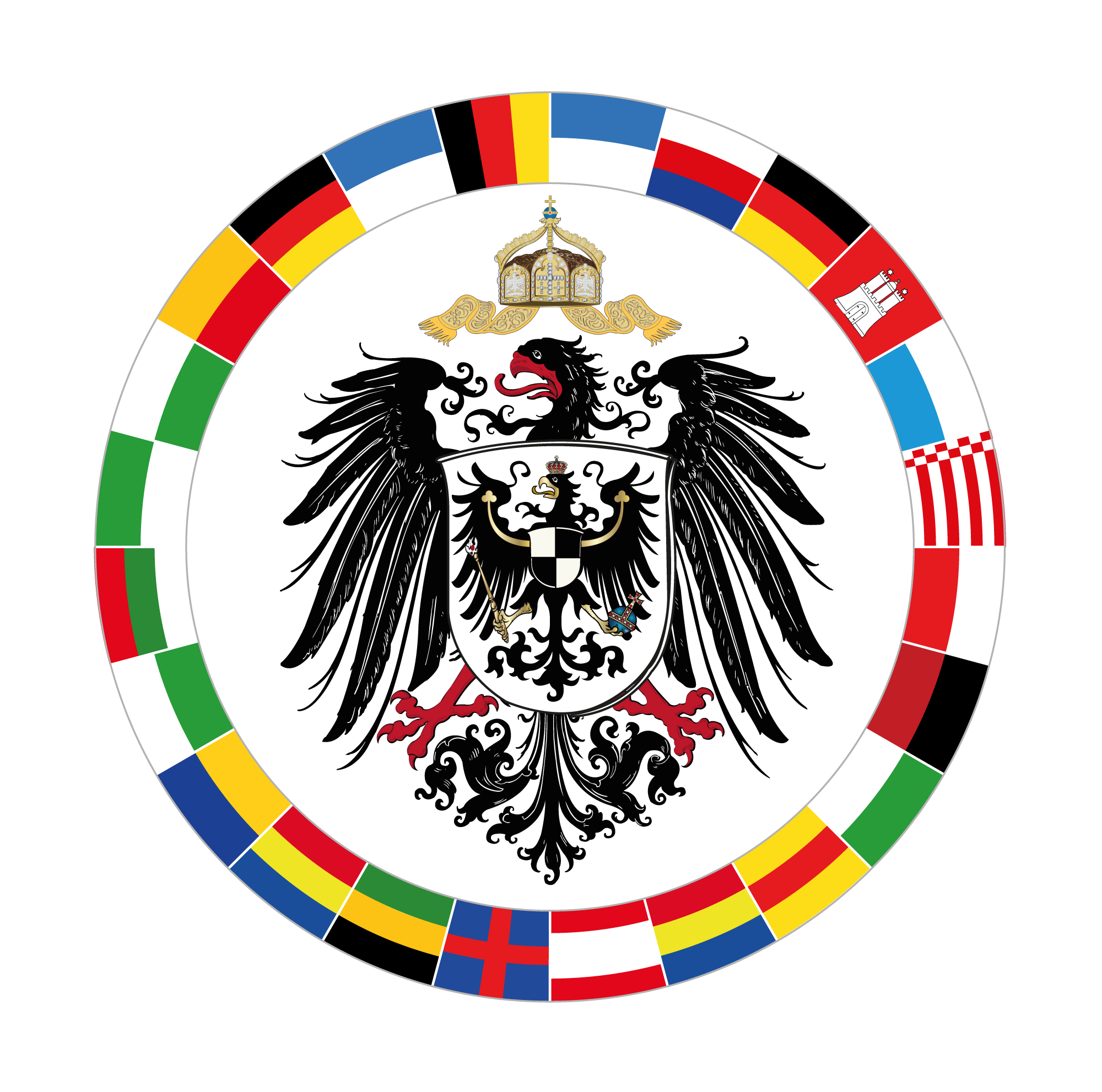Object:
Die Stellung des deutschen Kaisers
Access restriction
Public Domain Mark 1.0. You can find more information here.
Copyright
There is no access restriction for this record.
Access restriction
Public Domain Mark 1.0. You can find more information here.
Copyright
There is no access restriction for this record.




